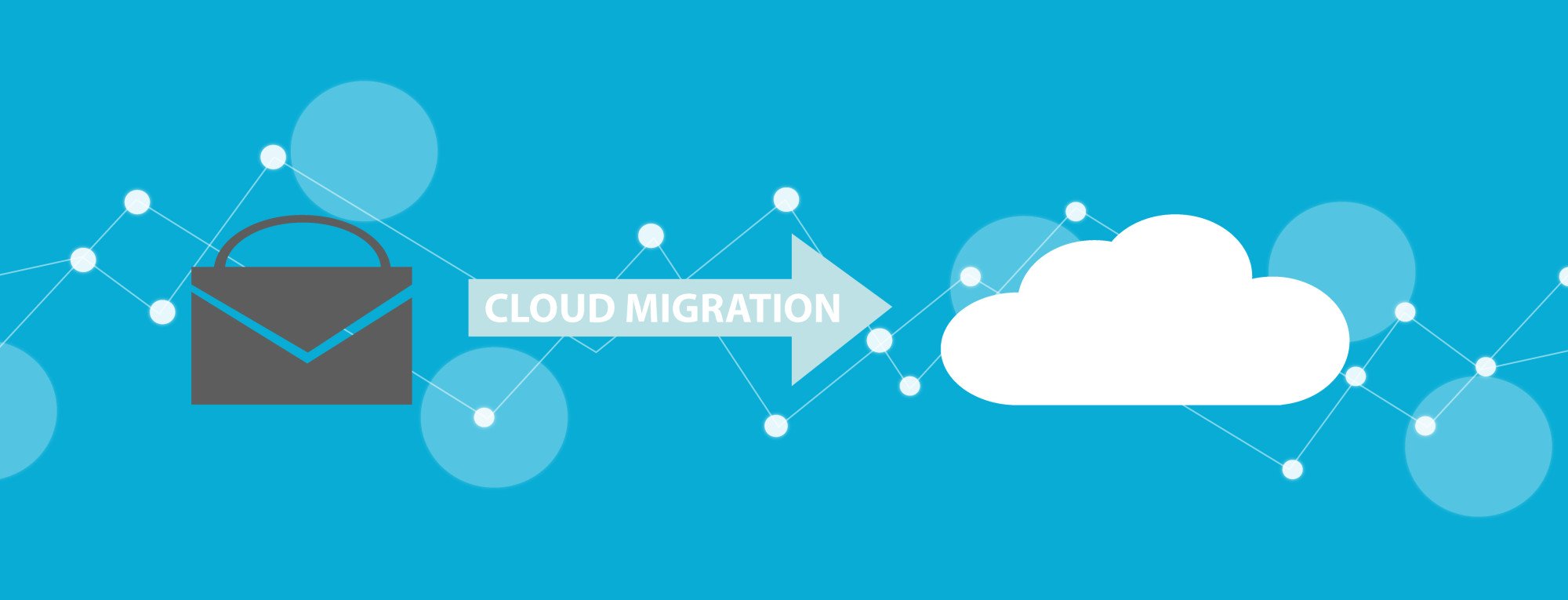Why Are Databases Important in Healthcare?

There are many changes taking place in the healthcare sector. One may therefore ask why are databases important? Simple, it’s essential that proper systems are in place to manage the health data.
Healthcare databases are an important part of running the entire operations. Such systems include labs, finances, patient identification, tracking, billing, payments, among others. The reality is that almost everything runs on a database system and we cannot underscore the importance of technology in healthcare.
Our article below will explore the importance of databases in healthcare.
What are Databases?
In its simplest definition, a database is any record that a practitioner maintains in paper form or on a computer. It does not matter whether it is a sole practitioner or corporate bodies. With technological innovations, medical facilities are leaning towards online transaction processing, thus doing away with paper.
Anything that a medical practitioner collects from a patient forms part of the database. These include encounter forms, discharge forms, or any other registries. The whole purpose then of having a database is to ensure that the information is safe, updatable when necessary, and is easily accessible to anyone who may require them.
With the rapid growth of technology use in the healthcare sector, there is the generation of a lot of data. It, therefore, becomes a requirement that they collate the information for ease-of-use. This will greatly assist healthcare professionals in the discharge of their duties.
Why are Databases Important?
The Healthcare system generates data that requires delicate handling. A patient’s life depends on this information, and it is therefore important for the Healthcare provider to be able to access it in the shortest time possible.
We will explore some of the reasons below.
1. Efficiency
Every time a patient visits a medical institution, there is a lot of information that is collected. Where the patient requires seeing many different practitioners, the diagnosis, procedures, drug prescriptions, or any other intervention, needs to be on record. This process will require the safe storage of data.
Now, imagine a typical day and the number of patients who come to the hospital. Well-designed hospital databases are important for the collection of patient information. It will also assist in achieving efficiency due to the processing of data, thus giving the Healthcare provider relevant information with a click-of-a-button.
The data will require a level of manipulation to make it easier to use. A doctor may, for example, not have time to go through mounds of data when a patient comes in. It, therefore, requires that the information undergoes query, filtering and retrieval using the relevant technology.
2. Exchange of Information
In the case that a patient needs the services of healthcare providers in different hospitals, a system needs to be in a place that helps in the exchange of information. Hospitals need to exchange healthcare data anytime there is a requirement.
It is therefore important that there is function integration through things like patient identification, healthcare access control, and order management services, among others. Technology is essential because standards for the workflow are an important requirement.
3. Monitoring and Improving the Value of Healthcare
Health care database systems provide an important way of monitoring and improving the value of healthcare services. This will result in better well-being for the patients. Healthcare providers find a way of availing information on costs, appropriate and effective treatment, and access to care and the quality of service a patient gets.
Any institution or external group of petitioners can get access to this information for various uses. The data can help in quality assurance and improvement programs for health planning purposes at a regional level. The information can provide important answers about policy issues surrounding reforms in the sector.
Patients can expect better health care, better health, improved efficiency, lower costs and better clinical decision-making.
4. Assessing the Quality of Healthcare
Data for hospitals come from very many sources, including other hospitals, state and regional organizations, Department of Health, federal agencies, among others. The hospital administration discharge information provides valuable data for measuring quality. Such pertinent information includes diagnosis, procedures, length of stay, charges, among others.
Quality experts use hospitals databases to assess healthcare quality. They will consider factors such as:-
• How accessible are the healthcare facilities to the people within the region
• Affordability and timeliness of care
• The barriers to seeking Healthcare
• How appropriate or necessary the services are
• If the Healthcare facilities are following practice guidelines
• Availability of pertinent information to clinicians and other institutions
• Whether the services are appropriate for the identified Healthcare problems
• The use of innovation with regards to healthcare delivery
• Financing of healthcare facilities, among others.
5. Tracking Healthcare Usage
Healthcare databases can give medical providers an important tool for tracking Healthcare use. Healthcare providers, for instance, need to know whether people are getting their vaccinations or not. By having information through the reports, they are better able to tell whether or not this is happening.
By having the ability to track healthcare usage, providers can take care of diseases like influenza, polio, and measles, among others. Eradication of such diseases requires that the patients seek treatment and get the necessary vaccinations.
6. Other Uses
Healthcare databases have a wide range of other uses including:-
• Provision of accurate, up-to-date patient information
• Increase in efficiency due to quick access to records
• Safety of patient information
• Help with diagnosis and prescription. It will help in reducing medical errors
• Improving patient and healthcare interaction
• Assists with documentation and billing
• Reduction in medical facility running costs due to less paperwork and clerical staff
The Healthcare Sector Needs Database Systems
The question; why are databases important, has been the basis of our discussion above. A well-designed Healthcare database system is important for the day-to-day running of the day Healthcare sector. The proper technology will make it possible for the health care providers to collect pertinent information that will improve the quality of care they provide.
Policymakers can also use this information to make reforms in the sector. The sharing of information between and among providers and institutions will also help patient’s access to better care. The medical field is changing rapidly, and there is a higher need for the right technology, information management, and database development. We understand the impact of technology on data management, and you can contact us for more information.


